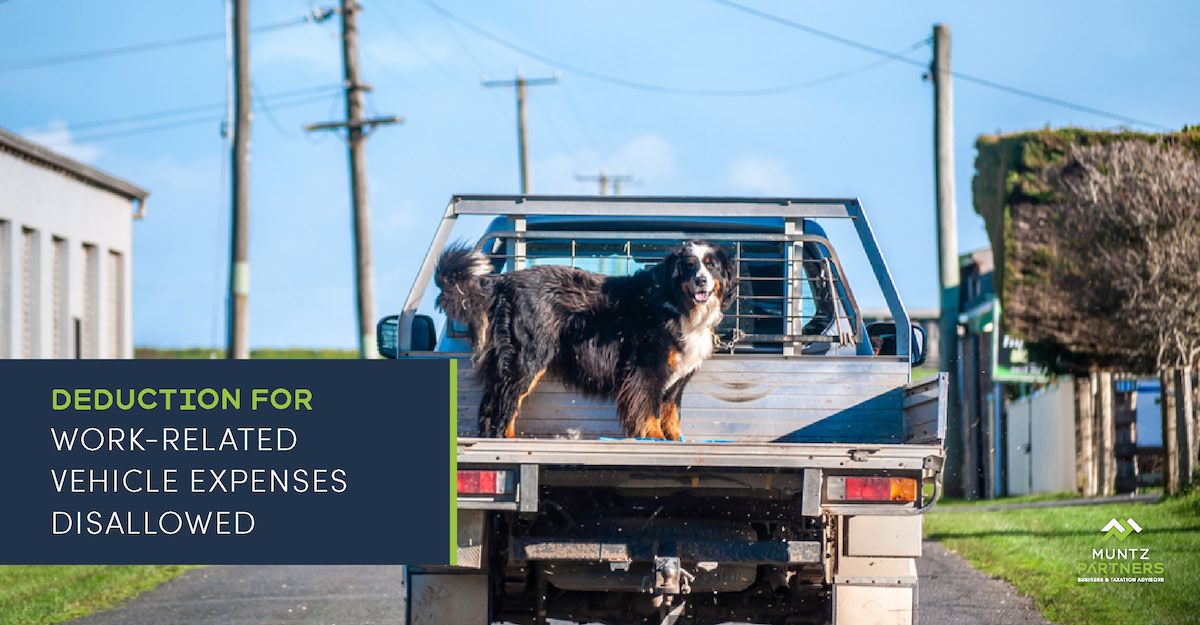Exciting News! Muntz Partners is Rebranding to Acclaim Accounting
We are thrilled to announce that Muntz Partners is now known as Acclaim Accounting.
This change reflects our commitment to providing you with even better services and experiences.
Stay tuned for more updates as we embark on this exciting journey together!
Note: The change took effect on May 15th 2024.



Recent Comments